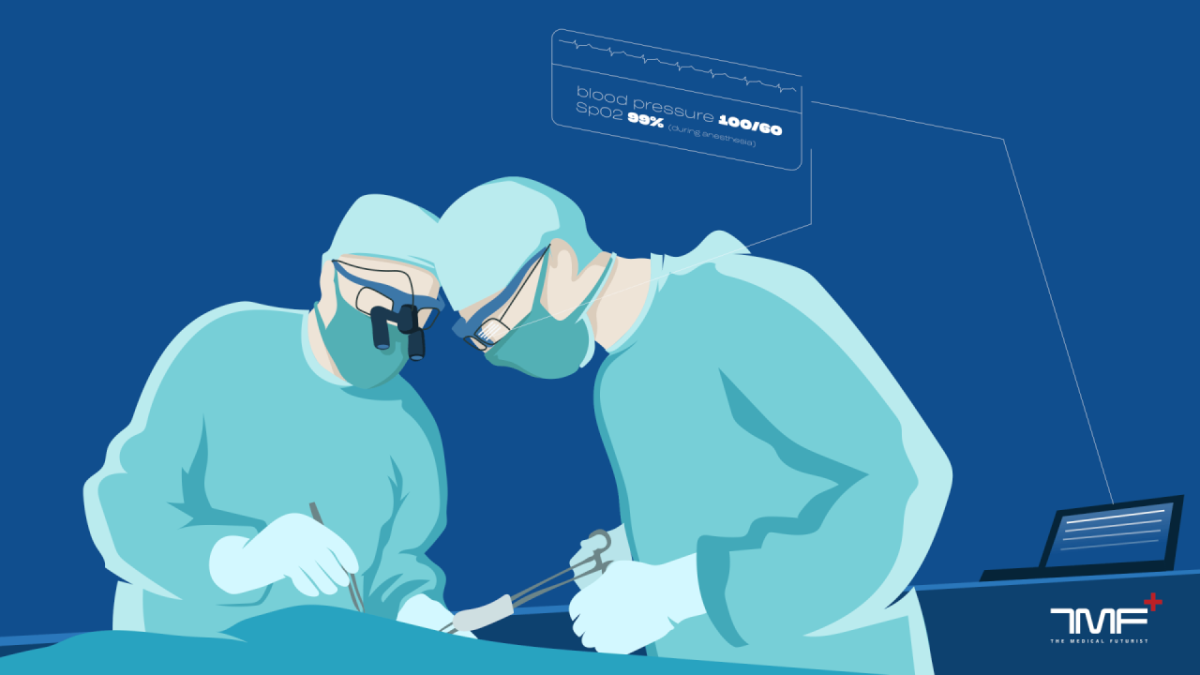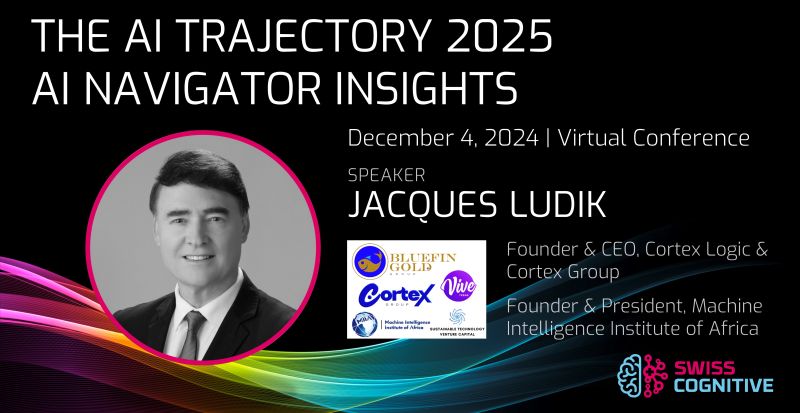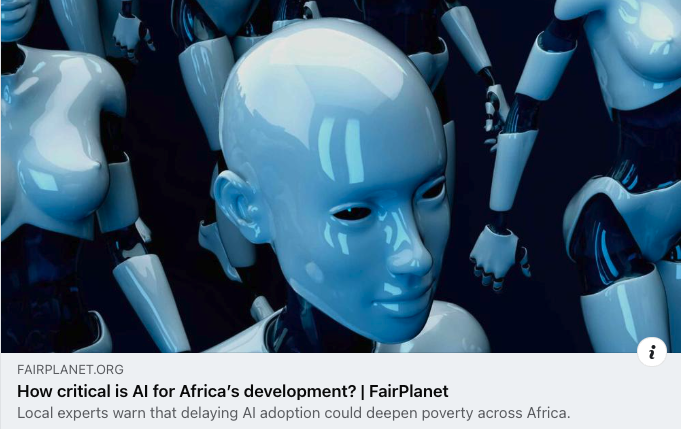50 #AI applications in #Healthcare
#artificialintelligence#digitalhealth
See also https://youtu.be/9WJfX0hsizI
AI-powered Personalized Precision Healthcare
https://youtu.be/n3Nvq34hKhk
AI-enabled Ultra-personalized Wellness
Extracts from Chapter 7 “Ultra-personalized AI-enabled Education, Precision Healthcare, and Wellness” in
“Democratizing Artificial Intelligence to Benefit Everyone: Shaping a Better Future in the Smart Technology Era”
See https://jacquesludik.com/books-2/ for details about the book.
Look at how smart algorithms transform the diagnostic process!
A.I. can support the early detection of atrial fibrillation.
A.I. helps with the diagnosis and treatment of ADHD.
Coupled with a wristband, A.I. predicts epileptic seizures in children.
A.I. built into an app helps diagnose autism in kids.
A.I. powers a tool for recognizing sleep disorders.
A.I. tracks insulin doses, quantifies blood glucose levels, and automatically sends the data to the paired app.
A.I. assists healthcare professionals in the management of Type 1 diabetes.
A.I. detects and quantifies coronary artery calcification.
A.I. vision screening system tracks eye movements for identifying visual tracking impairment.
A.I. powers symptom-checker chatbots, such as Symptomate, or Ada Health.
A.I. as a medical consultant can offer simple medical advice based on personal medical history and common medical knowledge.
A.I. acts as a tool for memory problem assessment for the elderly.
A.I. checks your skin to prevent cancer.
Look at how artificial intelligence revolutionises medical imaging!
An A.I. system can evaluate thyroid nodules and categorise nodule characteristics.
A.I. detects stroke on CT scans and helps clinicians win the race against time.
A.I. is able to spot cancerous lesions in liver and lungs on CT and MR images.
A.I. autonomously detects diabetic retinopathy using retinal images.
A.I. helps neurologists interpret brain MR images.
A.I. as a robotics-based ultrasound guidance system observes blood flow to the brain.
A.I. is able to flag brain bleeding in head CT images.
A.I. together with expert cardiologists classifies echocardiograms better than humans would.
A robust A.I. system trained on more than 1.28 million images diagnoses skin cancer.
A.I. automatically classifies breast density and detects breast cancer as accurately as human radiologists.
A.I. helps pathologists identify metastatic breast cancer.
A.I. assists with cancer diagnoses by analysing digitised histology slides.
A.I. can aid healthcare providers in identifying wrist fractures with similar accuracy as human radiologists.
A.I. may dignose dementia, and predicts whether the condition will remain stable or will deteriorate.
Look at how smart algorithms influence treatment and bring in prediction!
A.I. identifies unique genetic changes in tumors leading to more precise cancer treatment.
A.I. predicts heart attacks or strokes more accurately than the standard method by scanning routine patient data.
A.I. listens in on emergency calls and analyses conversations in real time to helps dispatchers diagnose illnesses and provides prompts for effective action.
A.I. constantly analyses patients’ state and calibrates their treatment in the ICU.
A.I. helps patients fighting opioid use disorder stay in recovery programs.
A.I. uses hospital admissions data, including age, gender, zip code, medication, and diagnostic history, to predict the likelihood of any given individual taking their own life.
A.I. creates digital twins of the human heart.
A.I. helps predict cardiovascular risk factors from retinal images.
A.I. can provide oncologists evidence-based cancer treatment options.
A.I. gives information about drugs during breastfeeding to medical professionals.
A.I. starts to design patients’ physical characteristics based on their DNA.
A.I. helps identify drugs and therapies from a database of molecular structures.
A.I. can come up with highly accurate protein structure prediction for the human proteome.
A.I. can decrease development cost of new medicines.
A.I. builds complex and consolidated platforms for drug discovery.
Look at how artificial intelligence takes down the administration and makes the entire healthcare system better!
Coupled with Google Glass, A.I. can cut down on administration and make healthcare more patient-centric.
A.I. as a voice assistant has the potential to free up the time doctors spend on administration.
A.I. as a cognitive assistant helps medical professionals strengthen their analytical and reasoning capabilities.
A.I. can mine the data of medical records to provide better and faster health services.
With the help of a smartphone’s webcam, A.I. can help confirm whether patients are adhering to their prescriptions.
A.I. analyses the invoices of medical facilities telling if a doctor, clinic or hospital makes mistakes repetitively to improve the process and avoid unnecessary hospitalisation.
A.I. starts to equalise healthcare in China.
A.I. created work schedules significantly reduce physician burnout.




